Patent Guidance for Innovators
Welcome to our Patent Guidance page! Whether you’re a seasoned inventor or just starting to explore the world of intellectual property (IP), this guide will help you understand the patent process, its importance, and how you can protect your innovative ideas.

What is a Patent?
A patent is a legal right granted to the inventor of a new and original invention or discovery. This exclusive right allows the inventor to exclude others from making, using, selling, or distributing the patented invention for a specified period, typically 20 years.
In exchange, the inventor must publicly disclose how the invention works.
Why Should You Patent Your Idea?
Protect Your Invention
A patent gives you the exclusive right to your invention and prevents others from copying it.
Enhance Business Opportunities
Patents can increase your credibility and potentially attract investment or partnerships.
Monetize Your Invention
You can license your patent to other companies or sell it for profit.
Global Reach
A patent can open the door to international markets by offering protection in other countries.
Types of Patents
1. Utility Patents
The most commin type, protecting the functional aspect of an invention.
2. Design Patents
Protect ornamental design or appearance of an object.
3. Plant Patents
Protect new plant varieties that are asexually reproduced.
The Patent Process
1. Idea Evaluation
Conduct a preliminary search to ensure your idea is novel and non-obvious.
2. Patent Application
File a patent application that includes a detailed description of your invention and any related drawings.
3. Patent Examination
After filling, a patent examiner reviews the application to determine whether it meets the patent criteria.
4. Patent Grant
If the application is approved, you are granted a patent for your invention.
5. Patent Enforcement
Once you have a patent, you have the right to take legal action if others infringe on it.
How to Start
- Conduct a Patent Search:
Before applying for a patent, it’s essential to check whether your idea is already patented. You can do this through online databases or with the help of a patent attorney.
- Hire a Patent Attorney or Agent:
Navigating the patent system can be complex. A patent attorney or agent can guide you through the process, help with drafting your application, and ensure your idea is fully protected.
- Prepare Your Patent Application:
A complete patent application typically includes:
- Abstract: A brief summary of your invention.
- Detailed Description: A detailed written explanation of your invention and its uses.
- Drawings: Diagrams that show how the invention works.
- Claims: The part of the patent that defines the scope of your protection.
Cost Considerations
- •
Patent Search: Charges for conducting a patent search to ensure your idea is unique.
- •
Filing Fees: Fees for submmittng your application to the relavant patent office.
- •
Attorney Fees: Proffesional fees for drafting and filling the application.
- •
Maintenance Fees: Ongoing fees to keep your patent active once granted.
FAQ
How long does it take to get a patent?
The patent process can take anywhere from several months to a few years, depending on the complexity of the invention and the patent office’s workload.
Can I patent an idea or just the implementation?
You can only patent the specific implementation of an idea that meets the requirements for patentability (novelty, utility, and non-obviousness). Abstract ideas cannot be patented.
What happens if someone infringes my patent?
If someone violates your patent rights, you have the legal option to sue for damages and seek an injunction to stop them from using your invention.
Can I patent internationally?
Yes, but you will need to file separate patent applications in each country or region where you want protection. International patent protection can be obtained via the Patent Cooperation Treaty (PCT) or regional agreements like the European Patent Convention (EPC).
Ready to Protect Your Invention?
Get expert guidance through every step of the patent process—from initial search to final submission.
Patent Consultation Request
Submit your invention details for a free preliminary patent assessment.
